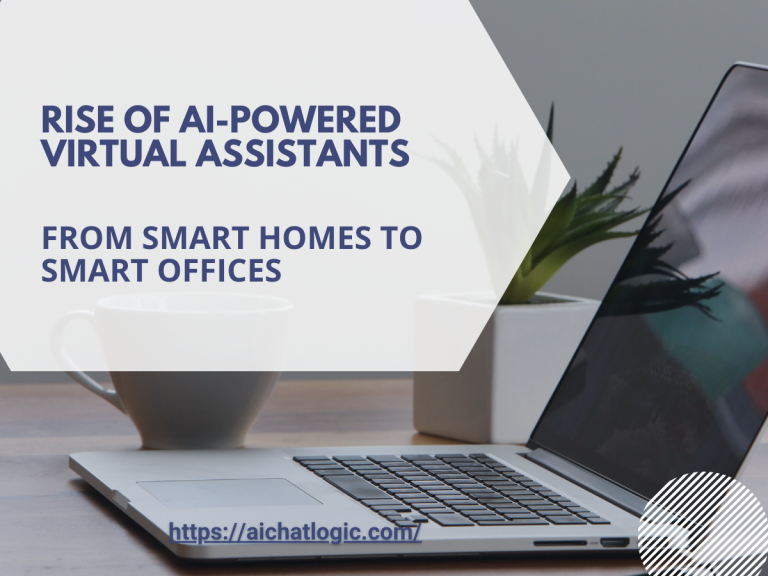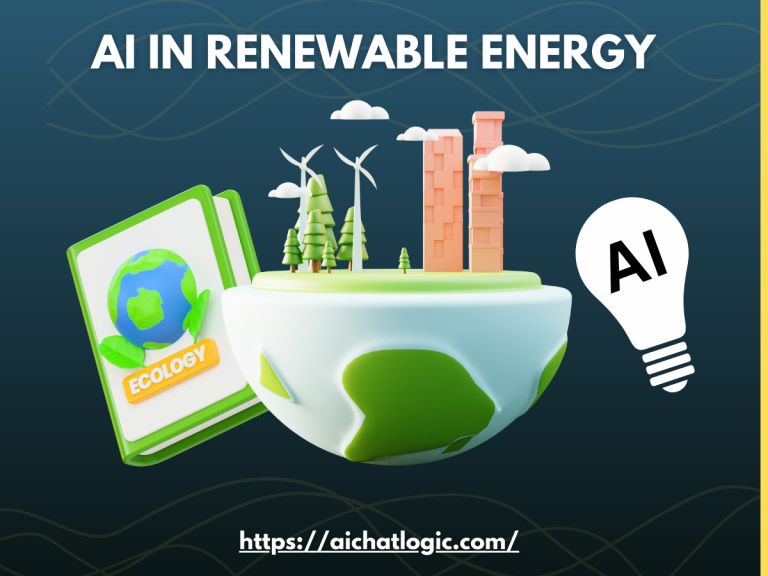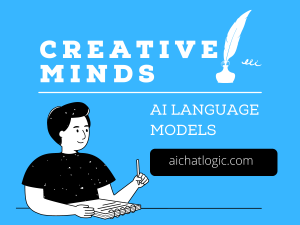Introduction
Artificial Intelligence (AI) has emerged as a revolutionary technology with the potential to transform industries across the globe. By mimicking human intelligence, AI enables computers to perform complex tasks, analyze vast amounts of data, and make intelligent decisions. In this article, we will delve into the impact of AI on various industries and explore its role in shaping the future of business.
Understanding AI and Its Impact
AI is the development of computer systems that possess the ability to perform tasks requiring human intelligence. It encompasses subfields such as machine learning, natural language processing, and robotics. AI has a rich historical background, and recent advancements have propelled its widespread adoption. The impact of AI is visible in various sectors, ranging from healthcare to finance and manufacturing to retail.
AI’s Influence on Various Industries
Healthcare
In the healthcare industry, AI has the potential to revolutionize patient care and diagnostics. AI-powered systems can analyze medical records, genetic data, and diagnostic images to assist doctors in making accurate diagnoses and treatment plans. AI can also help in drug discovery, clinical trials, and personalized medicine, leading to improved patient outcomes and reduced healthcare costs.
Finance
AI is reshaping the finance industry by automating processes, enhancing fraud detection, and providing personalized financial recommendations. AI algorithms can analyze vast amounts of financial data, identify patterns, and make predictions to support investment decisions. Chatbots powered by AI provide customer support and streamline banking services, improving overall customer experience.
Manufacturing
In manufacturing, AI is driving efficiency, productivity, and quality control. AI-powered robots and automation systems can perform repetitive tasks with precision and speed. Machine learning algorithms can optimize production processes, reduce downtime, and minimize waste. Predictive maintenance powered by AI helps detect equipment failures before they occur, reducing production disruptions.
Retail
AI is transforming the retail industry by personalizing the customer experience and optimizing supply chain management. Recommendation systems use AI algorithms to analyze customer preferences and behavior, offering personalized product suggestions. AI-powered chatbots provide real-time customer support, answering queries and assisting with purchases. AI-based inventory management systems optimize stock levels, reducing costs and minimizing out-of-stock situations.
Transportation
In the transportation sector, AI is revolutionizing autonomous vehicles, traffic management, and logistics. Self-driving cars and trucks leverage AI technologies such as computer vision and machine learning to navigate roads safely. AI-powered traffic management systems optimize traffic flow, reducing congestion and travel times. Logistics companies benefit from AI-powered route optimization and predictive analytics, improving delivery efficiency.
Benefits of AI in Business
AI brings numerous benefits to businesses across industries. Some of the key advantages include:
Increased Efficiency and Productivity
AI automates repetitive tasks, allowing employees to focus on more complex and strategic activities. By streamlining processes and reducing manual effort, AI enhances productivity and efficiency, leading to cost savings and improved output.
Enhanced Customer Experience
AI-powered chatbots and virtual assistants provide instant and personalized customer support, improving customer satisfaction and loyalty. Recommendation systems offer tailored product suggestions, enhancing the shopping experience and increasing sales.
Data Analysis and Decision-Making
AI algorithms can analyze vast amounts of data and identify patterns and trends that humans may miss. This enables data-driven decision-making, facilitating accurate predictions, and informed strategies.
Automation of Repetitive Tasks
AI can automate repetitive tasks, reducing errors and freeing up human resources for more valuable and creative work. Automation leads to time and cost savings, improving overall business efficiency.
Challenges and Considerations
While AI offers tremendous opportunities, it also poses certain challenges and considerations for businesses.
Job Displacement
The automation potential of AI raises concerns about job displacement. Some roles may become obsolete or require reskilling, leading to workforce disruptions. However, AI also creates new job opportunities, especially in the field of AI development and implementation.
Ethical Implications
AI raises ethical questions regarding privacy, bias, and accountability. It is crucial to ensure transparency and fairness in AI algorithms and systems, as well as to address concerns related to data privacy and security.
Security and Privacy Concerns
As AI systems rely on vast amounts of data, ensuring the security and privacy of this data is paramount. Safeguarding against cyber threats and unauthorized access is crucial to maintain trust in AI-powered solutions.
The Future of AI in Business
The future of AI in business holds immense potential for further advancements and transformative impacts.
Advancements in Machine Learning and Deep Learning
Ongoing advancements in machine learning and deep learning will enable AI systems to become even more sophisticated and accurate. This will unlock new possibilities in data analysis, predictive modeling, and decision-making across industries.
Integration of AI with Internet of Things (IoT)
AI’s integration with the Internet of Things (IoT) will lead to the creation of smart and connected ecosystems. AI algorithms will process and analyze data from IoT devices, enabling proactive decision-making and automation in real-time.
Predictive Analytics and Personalized Marketing
AI-powered predictive analytics will continue to evolve, enabling businesses to anticipate customer needs and deliver personalized experiences. AI will drive targeted marketing campaigns, optimizing customer engagement and maximizing conversion rates.
AI-Powered Virtual Assistants and Chatbots
AI-powered virtual assistants and chatbots will become even more intelligent and natural in their interactions. They will seamlessly assist users with tasks, provide recommendations, and offer personalized support across various platforms.
Conclusion
AI is transforming industries by revolutionizing operations, driving innovation, and enhancing customer experiences. From healthcare to finance, manufacturing to retail, and transportation to logistics, AI is reshaping the future of business. While challenges exist, the potential benefits of AI are immense. As businesses embrace AI technologies, they must navigate ethical considerations, address security concerns, and adapt to the changing landscape. By harnessing the power of AI, businesses can unlock new opportunities, gain a competitive edge, and thrive in the digital age.
FAQs
- How is AI transforming the healthcare industry?
- What are the benefits of AI in finance?
- Can AI replace human workers?
- Is AI a threat to privacy and security?
- What does the future hold for AI in business?












+ There are no comments
Add yours